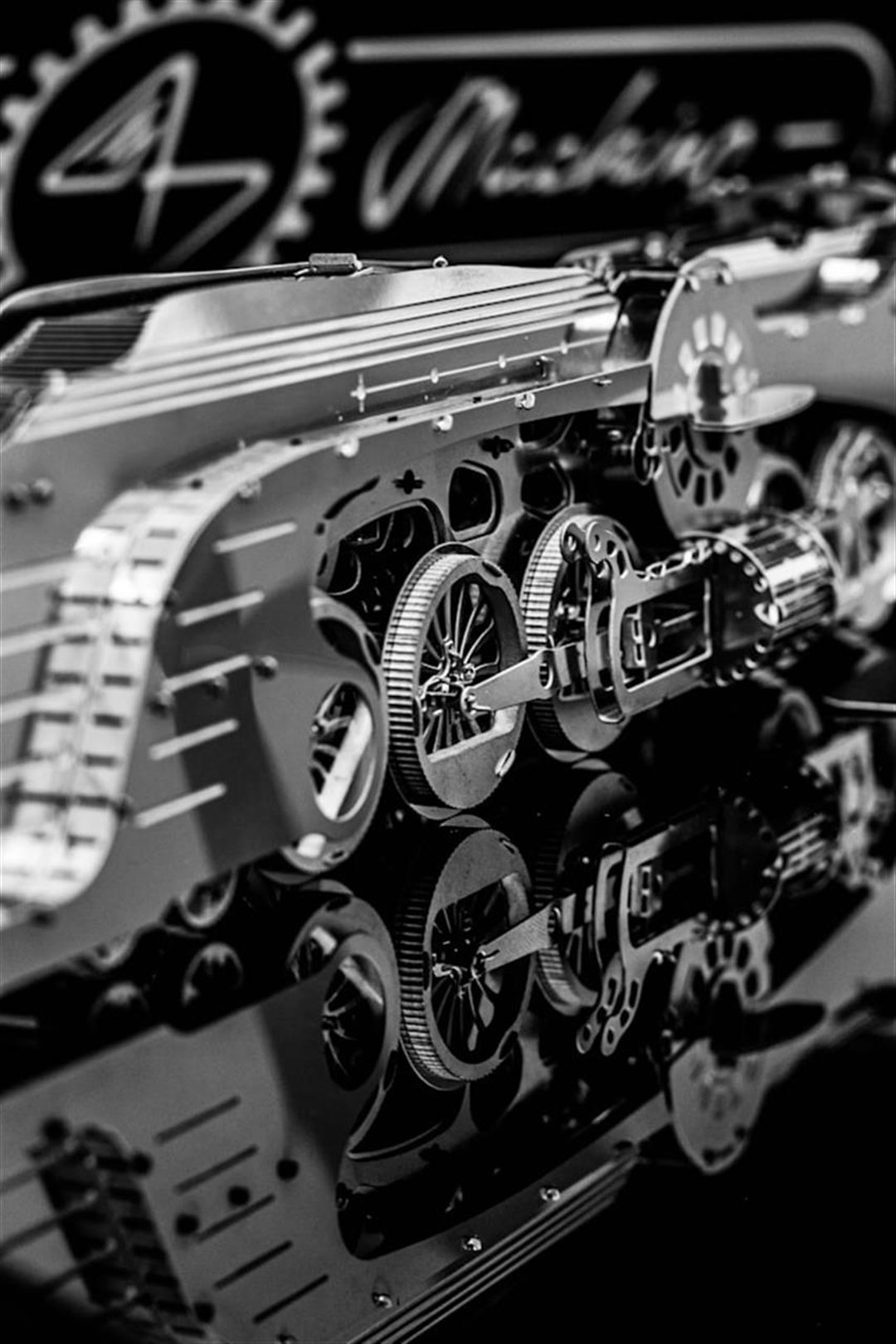Enhancing Quality Control with Vision Systems for Inspection

In today's fast-paced manufacturing environment, ensuring product quality is paramount for maintaining competitiveness and customer satisfaction. Vision systems for inspection play a pivotal role in automating quality control processes and improving overall efficiency across various industries. Let's delve into the intricacies of these cutting-edge systems and their transformative impact on production lines.
Streamlining Inspection Processes
Vision systems for inspection leverage advanced image processing technology to automate inspection tasks on production lines. By utilizing industrial cameras, lights, and computer vision software, these systems enable computers to meticulously inspect and evaluate product quality in real-time. This streamlines inspection processes, reduces reliance on manual labor, and ensures consistent quality standards throughout production.
Ensuring Accuracy and Reliability
One of the key advantages of these vision systems is their ability to deliver high-speed, reliable quality control. By accurately identifying defects, inconsistencies, and deviations from specifications, these systems ensure that only products meeting the desired quality standards are released to the market. This not only safeguards product integrity but also enhances brand reputation and customer trust.
Facilitating Regulatory Compliance
In today's highly regulated manufacturing environment, compliance with industry standards and regulations is non-negotiable. Vision systems for inspection play a crucial role in facilitating regulatory compliance by ensuring that products adhere to quality and safety requirements. By detecting and documenting compliance issues in real-time, these systems help manufacturers avoid costly fines, recalls, and reputational damage.
Optimizing Production Efficiency
Beyond ensuring quality control, the vision systems contribute to optimizing production efficiency. By identifying process inefficiencies, minimizing waste, and facilitating predictive maintenance, these systems help manufacturers enhance overall operational efficiency. Additionally, by providing valuable data insights and performance metrics, they enable continuous process improvement and informed decision-making.
Adapting to Diverse Industries
The versatility of vision systems for inspection makes them indispensable across various manufacturing sectors, including automotive, electronics, food and beverage, pharmaceuticals, packaging, labeling, and printing. Whether it's detecting defects in automotive components or ensuring the integrity of pharmaceutical packaging, these systems play a crucial role in safeguarding product quality and brand reputation across diverse industries.
Empowering Manufacturing Excellence
In conclusion, vision systems for inspection represent a paradigm shift in quality control practices, revolutionizing production processes and driving business success. By automating inspection tasks, ensuring accuracy and reliability, facilitating regulatory compliance, optimizing production efficiency, and adapting to diverse industries, these systems empower manufacturers to uphold the highest standards of quality while achieving operational excellence. As the manufacturing landscape continues to evolve, these vision systems remain essential tools for safeguarding product quality, enhancing customer satisfaction, and ensuring long-term business success.